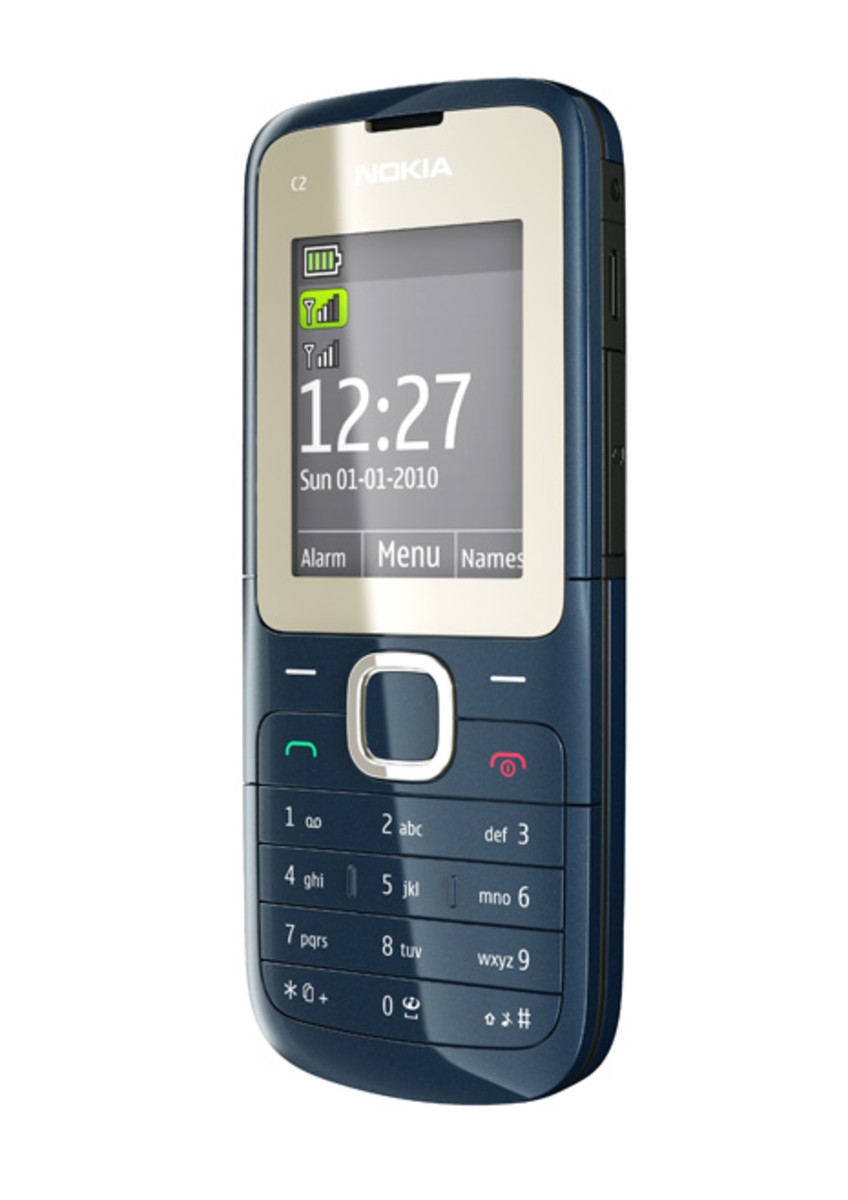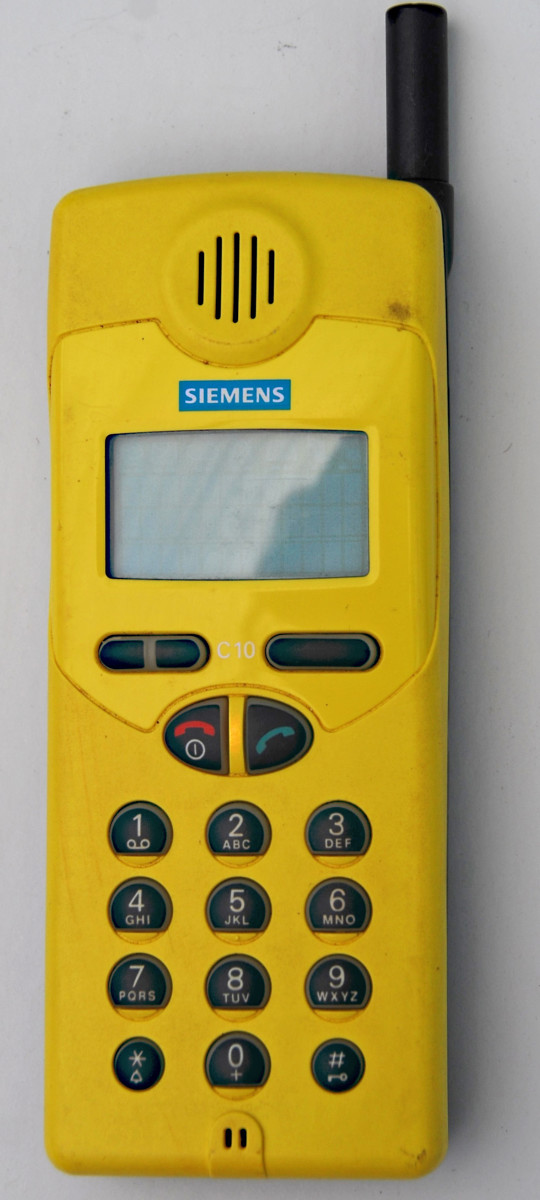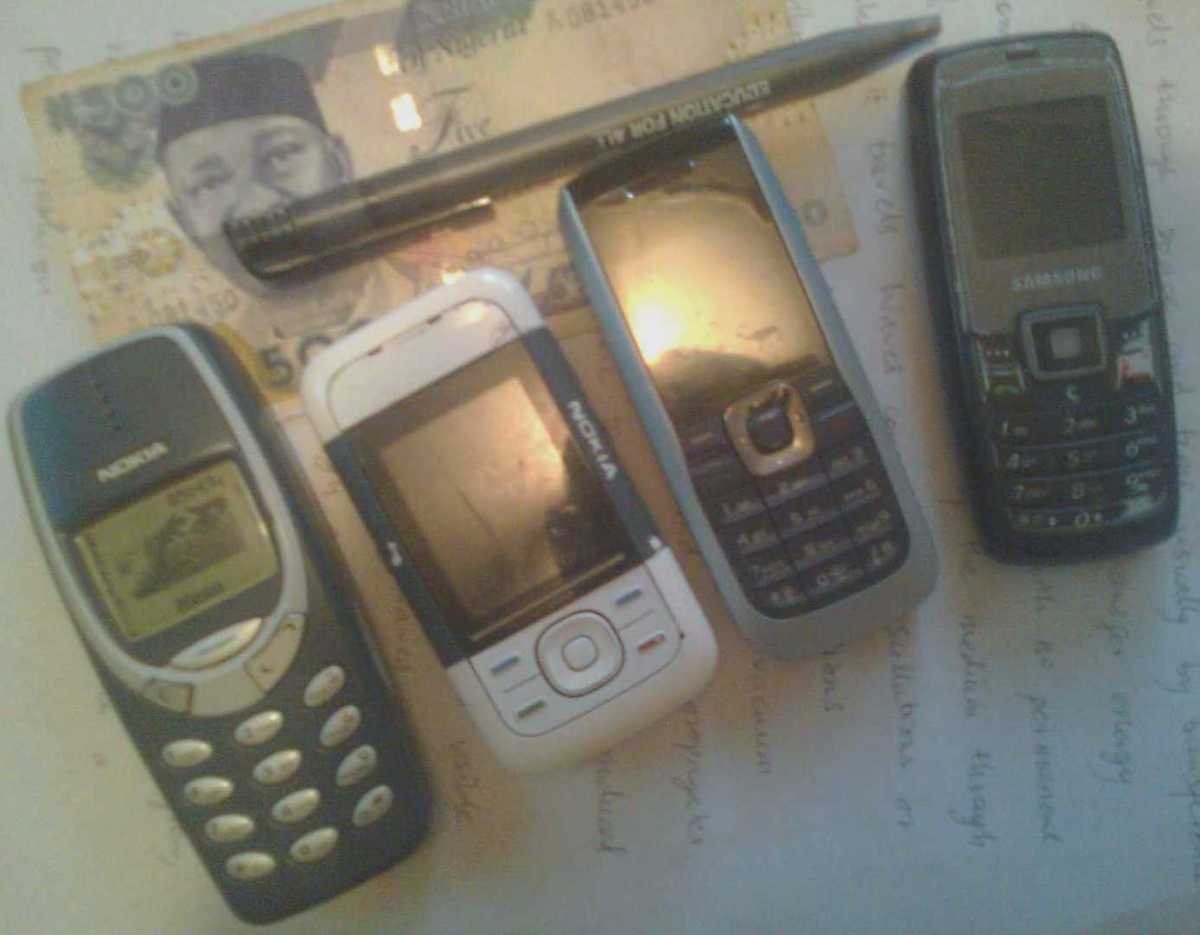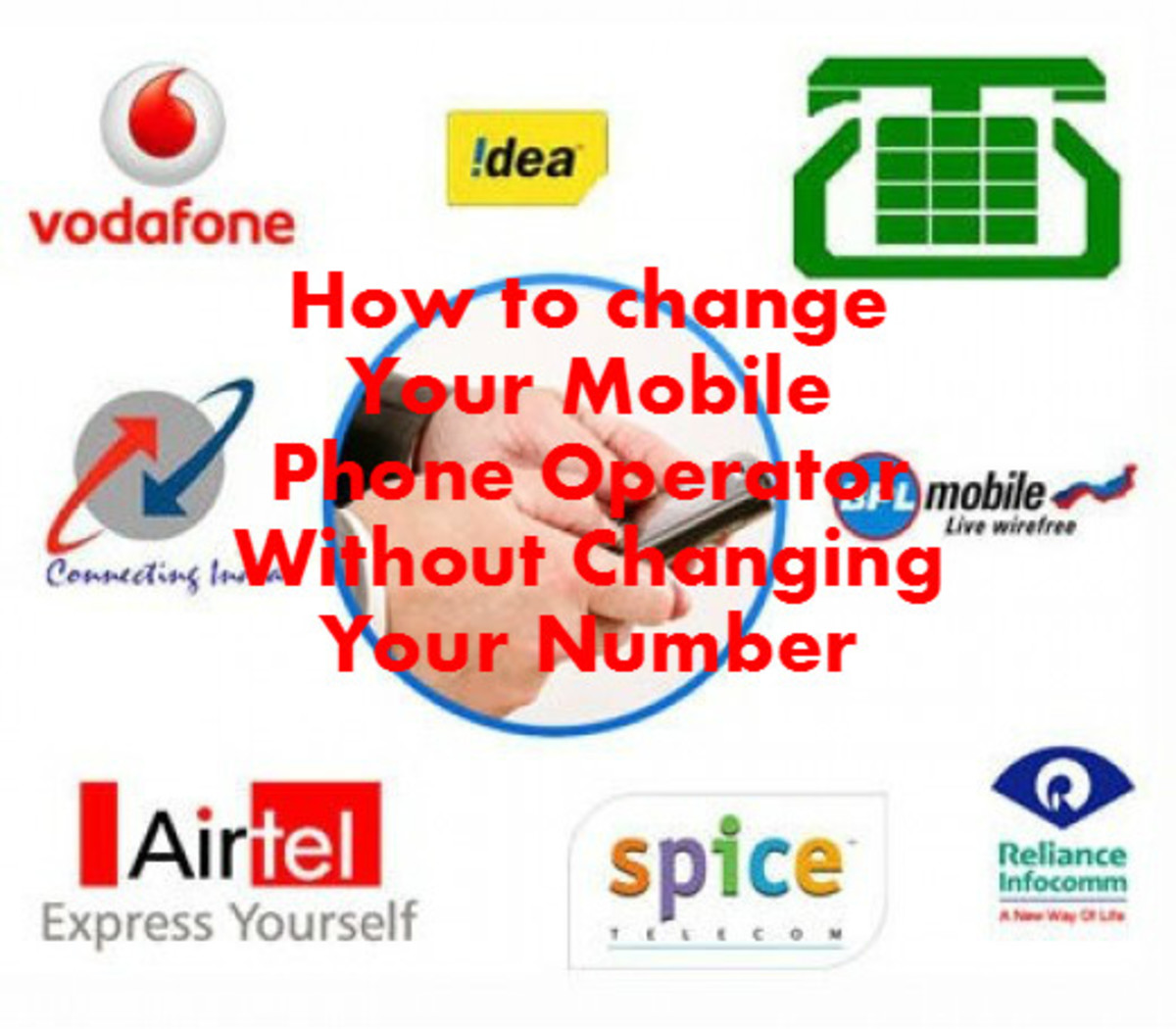Communications technology - a double-edged sword - Part 3
The curse of the mobile phone
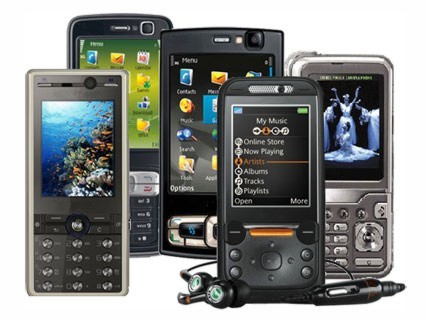

We love mobile phones, don't we?
It would seem so.
It looks to me as if everyone's got one and judging by the supermarkets, people can't buy something without talking to someone about it on the phone. Okay, I'm guilty--I've done it too.
...but whether you like them or not, they have become invaluable--for the most part anyway.
I remember as a kid, having to remember to have a 2p piece in my pocket "just in case ".
It was the emergency money, which allowed me to phone my mum if for any reason I was going to be late. Nowadays, it would seem that the vast majority of kids have mobiles anyway.
I vowed I would never have one. I suspect that's how the older generation (yes there are people out there older than me!) felt about computers, but I was adamant that I wouldn't get one. I thought they were horrible yuppy things that were no more than a status symbol.
Until I had an accident.
I was reliant upon the kindness of a stranger who stopped and let me use his phone to call the police, firstly to report the accident and secondly to get some help getting my car out of the ditch it had conveniently slid into.
I only had an hour to wait for the police and when they came, the first thing they did was give me a breathalyser test. This was fine as I had just finished work and hadn't touched a drop--honest. However, they did phone me a towing service and two hours later, they arrived and very nearly got stuck in the mud, trying to extricate my car from the muddy ditch.
I arrived home later that night--some four hours late...
"Where the hell d'you think you've been," demanded my other half. "I thought you'd had an accident."
"I have," I told her, flopping into a chair.
That was it. She went as white as a sheet and sat back down and I vowed there and then that because I was working miles from home, I had to have a mobile phone in case God forbid, something like the accident I'd just had, happened again.
From that point of view, I love my mobile.
I also like the fact that as simple as the one I got is, it still has entertainment value. I can play some pretty naff, but playable games which was an absolute must when I was spending nearly six hours a day on a train going back and forth to London.
Other than that, I still hate the damned things.
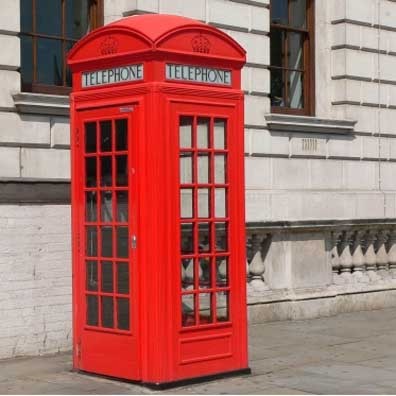
They DO have their uses
Going back to my childhood and having to phone mum if I was going to be late would have been fine had there not been such a problem in the area I lived with vandalism.
Finding a phone box that would either a) accept your money without spitting it out at you, b) hadn't been beaten to a twisted pulp by football hooligans or c) you could find one at all made things in those days difficult and for safety's sake, I think mobile phones are an absolute must. Indeed, mobile phones have been used to solve crimes where passers by have been able to video the crime, giving the police valuable evidence to convict ne'er-do-wells and criminals.
They also have some neat applications nowadays.
You can find restaurants or other kinds of businesses, use the GPS facility to find out where you are or where you need to go to connect to the internet and download songs or films and that's just the tip of the iceberg.
Yes, they are very useful.
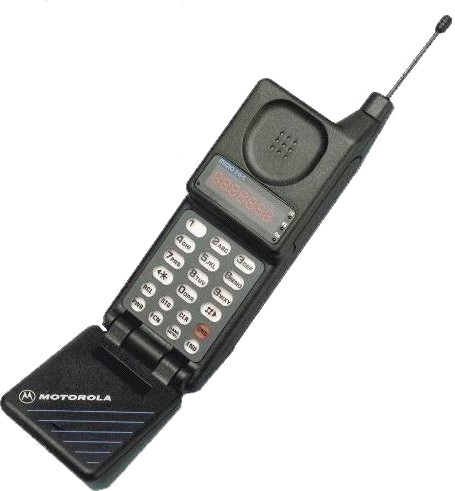
The downside...
Mobile phones have had a bad rap ever since they came out. They were associated with Yuppies and city-slickers, who were generally seen as slimy rich bastards who just use them to be flash.
Here's one such story of exactly that...
Toying around
Remember back in the late eighties, perhaps the early nineties when mobile phones--or "cell phones " if you prefer--first came into the public domain?
People said they'd never catch on, because coverage for them was terrible or perhaps it was the back pack full of heavy duty truck batteries necessary to make a three-minute call--if you could get a signal.
The television and films were all full of the parody of the city slicker with his mobile, shouting for all he was worth to try and be heard and generally, it was for effect.
I am reminded of a story of one such person, encountered by a London-bound commuter who spent some time sitting next to him on the train.
His journey was disrupted by the man constantly talking on this mobile phone calling "Yah... Nah... Sell... Buy" and other business-oriented things, despite having been asked politely by the man concerned to stop it and give him some peace on his way to work.
Needless to say, the man with the phone couldn't or wouldn't shut up and in the end, the other man had no alternative but to find somewhere else to sit.
He eventually found sanctuary in the first-class section, opting to pay the extra if necessary, but sometime during the rest of his journey, one of the others in the carriage suffered what appeared to be a heart attack.
He tried to make the man comfortable after sending one of the others in the carriage to find the conductor, who arrived with the terrible news that the train's communication system was out.
"But this man needs immediate attention," the conductor was told.
"It would be alright if we had one of those new mobile phones," he replied.
Well, the man from the other carriage knew exactly where to find one and took the conductor down the train until they came to the man in question. He was still talking city-speak to whoever it was on the other end of the line.
"Excuse me, sir," said the conductor. "This is an emergency, can we use your phone?"
The man with the phone grimaced and waved the conductor and the other man away, continuing to spout inanities down his phone.
"I'm sorry, sir, but we really need to borrow your phone. The train's communications system is out and--"
It was no good, the man just wouldn't see reason, but the conductor insisted.
The man stood up, huffed and threw the phone on the seat and stormed off, but when the conductor tried to use it, he found to his horror that the phone was a toy.
Texts
Of course, things have got better since that story--haven't they?
I'm not so sure.
I've seen children all texting one another while they're standing in a group. Forgive me for the stereotyping here, but I always thought it was hard enough to get kids to stop talking, but now they're quiet because they're concentrating on texting their friend who's standing right next to them.
And text speak--what's all that about?
Actually I know that texts have to be within a certain limit of characters, so you have to use shorthand; things like C U L8R M8.
It's all well and good, but now I'm starting to see this notation filtering on to this site, with questions being asked using text shorthand. As if it's not difficult enough to understand what some people are talking about anyway.
I know this sounds like a rant and I suppose that in a way it is, but it's only because I see this little tool being misused.
It's ruining the art of conversation and this world's youth is growing up thinking that talking to people is passée, uncool and would seemingly prefer their parents to fund inane chatter across the airwaves to people they could whisper to for free.
Driving
This has got to be the most insane use of a mobile phone I can think of.
Shows such as Animal Cops and Police reality programmes, show drivers talking on cell phones and two-way radio whilst driving a great deal of the time, but a university in Utah has estimated that this behaviour is responsible for 25% of car accidents. I can't speak for England, but it's banned here, so the figures wouldn't be that meaningful anyway. However it was banned because of the number of accidents that were attributed to using mobile phones whilst driving.
The Utah university report went on to say that in their opinion, talking on mobile phones or other similar devices reduce the awareness of the road by as much as 37%, which may not seem a lot, but when you consider the volume of traffic on the roads today, I'd say that's a hell of a lot.
Work
Now twenty years ago, people used to wait until they got to work before they spoke to co-workers, their bosses or whoever, but now, it's much more usual for this to happen prior to or after the worker has left the office.
Indeed, many companies supply Blackberrys for their staff and expect that member of staff to answer questions or be on call almost twenty-four hours a day. I spoke to one woman who worked for a communications company over here in England, who said that many were trashed by angry wives who felt that work was work and home time was theirs. Having to put up with inconsiderate bosses who felt they could ring up any time of the day or night was just bang out of order.
As a consequence, expensive mobile phones, PDA's and Blackberrys were winding up on the scrap heap thanks to this ridiculous idea that by giving someone one of them entitled companies to own 100% of their employees time, regardless or whether that employee was on 24 hour call out or not.


